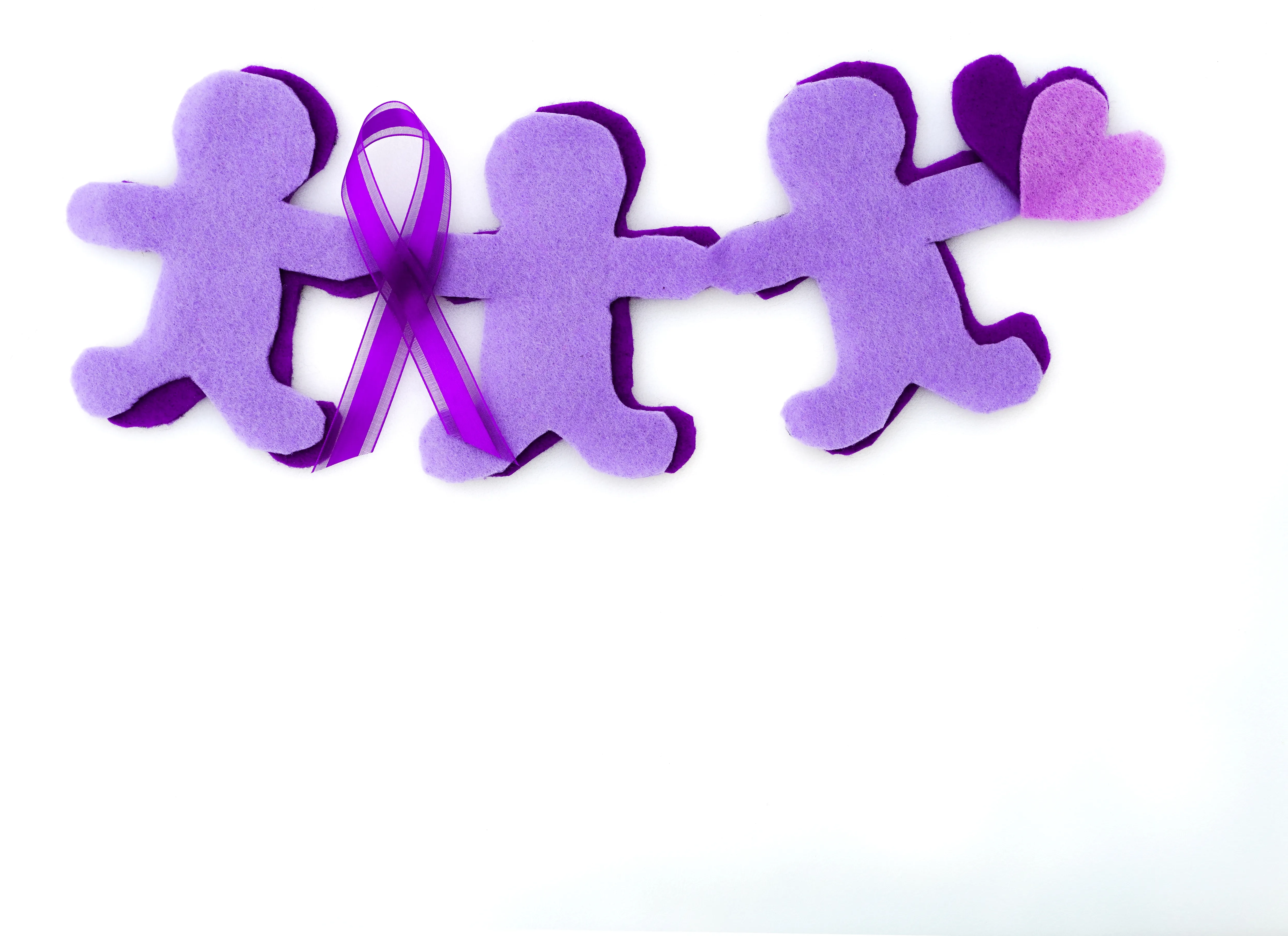Trigger Warning: 14 Ways You Can Support a Domestic Violence Survivor
October is Domestic Violence Awareness Month. Learn how you can be an ally.
- Initiate a conversation in private, and when you have enough time to talk at length, but only if they want to. The first step is always to Start the Conversation.
- Don’t label it. The words domestic violence, victim and survivor can be overwhelming. Unless the person you’re talking to uses those words, it’s best not to mention them. Instead, talk about resources and support.
- Let go of any expectations you have that there is a quick fix. Not doing anything may very well be the safest thing they can do at any given time.
- Challenge false attitudes and beliefs that you may have about domestic or sexual violence.
- Believe victims and let them know that you do. If you know the person who has or is abusing them, it may be hard to believe they are capable of abuse but remember that abusers typically act differently in public than in private.
- Listen to what they tell you. Avoid making judgments and giving advice. They will let you know what they need.
- Refer them to a service provider who can supply necessary medical attention, counseling or emotional support, safety planning, housing and a safe place to discuss options.
- Build on their strengths. Point out how well they have been able to cope, solve problems, and show courage and determination.
- Validate feelings. It is common for victims to have conflicting feelings—love and fear, guilt and anger, hope and sadness. Let them know that these feelings are normal.
- Avoid victim-blaming. Tell the victim that the abuse is not their fault.
- Take it seriously. If you are concerned about their safety, tell them you are concerned without judgment. Simply say, “Your situation sounds dangerous, and I’m concerned about your safety.”
- Offer help. Offer specific forms of help and information, such as providing childcare, driving them to appointments, or assisting with pets.
- Give them control. Abuse and assault take control away from victims. Support their decisions about who to tell, what steps to take, and what types of support they need. Ask before offering physical support such as hugs and be upfront about what support you can and cannot provide. This allows them to take control of their safety and next steps.
- Support and respect their decisions. Remember that there are risks with every decision a victim makes. There is no one way an individual must react to abuse or assault. If you really want to be helpful, be patient and respect their decisions, even if you don’t agree with them.
When most people think about domestic violence, they think about physical abuse. But there are many tactics that abusive partners may use to stay in control. It is important to support survivors and keep a keen eye on the ways he or she is being affected.
- Emotional abuse
- Psychological abuse
- Sexual abuse
- Technology-assisted abuse
- Financial abuse
- Spiritual and cultural abuse
- Using children and pets
- Stalking
- Exerting dominance and privilege
- Threats, coercion and intimidation
- Isolation
The HOPE Program at Chesapeake Regional Healthcare has helped more than 180 patients, clients and families with domestic violence and/or intimate partner violence concerns since its inception in 2020. We assist with Emergency Protective Orders, help survivors understand the criminal justice process, and supply court accompaniment, crisis funds, mental health services, safe cell phones, emergency shelter placement, ongoing support and advocacy.
If you, or someone you know is in crisis, the HOPE Program at Chesapeake Regional can be reached 24/7 at 757-407-3939 or by email: HOPEprogram@chesapeakeregional.com.
Meredith Noha is the Interpersonal Violence Program Coordinator with the Healing Opportunities Providing Empowerment (HOPE) Program at Chesapeake Regional Healthcare.
